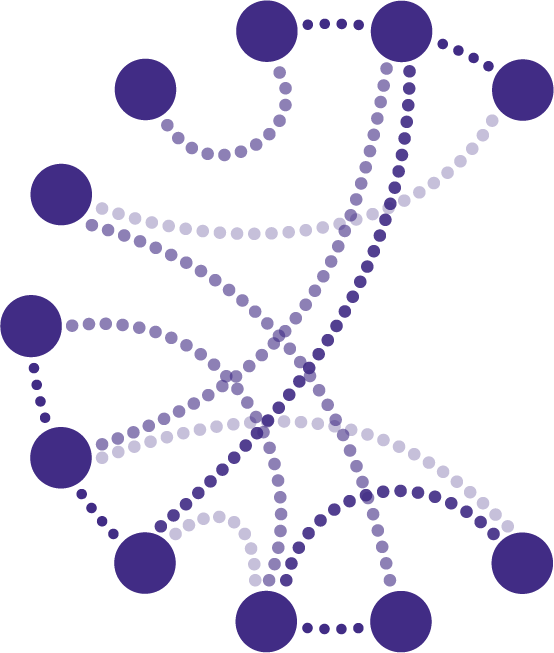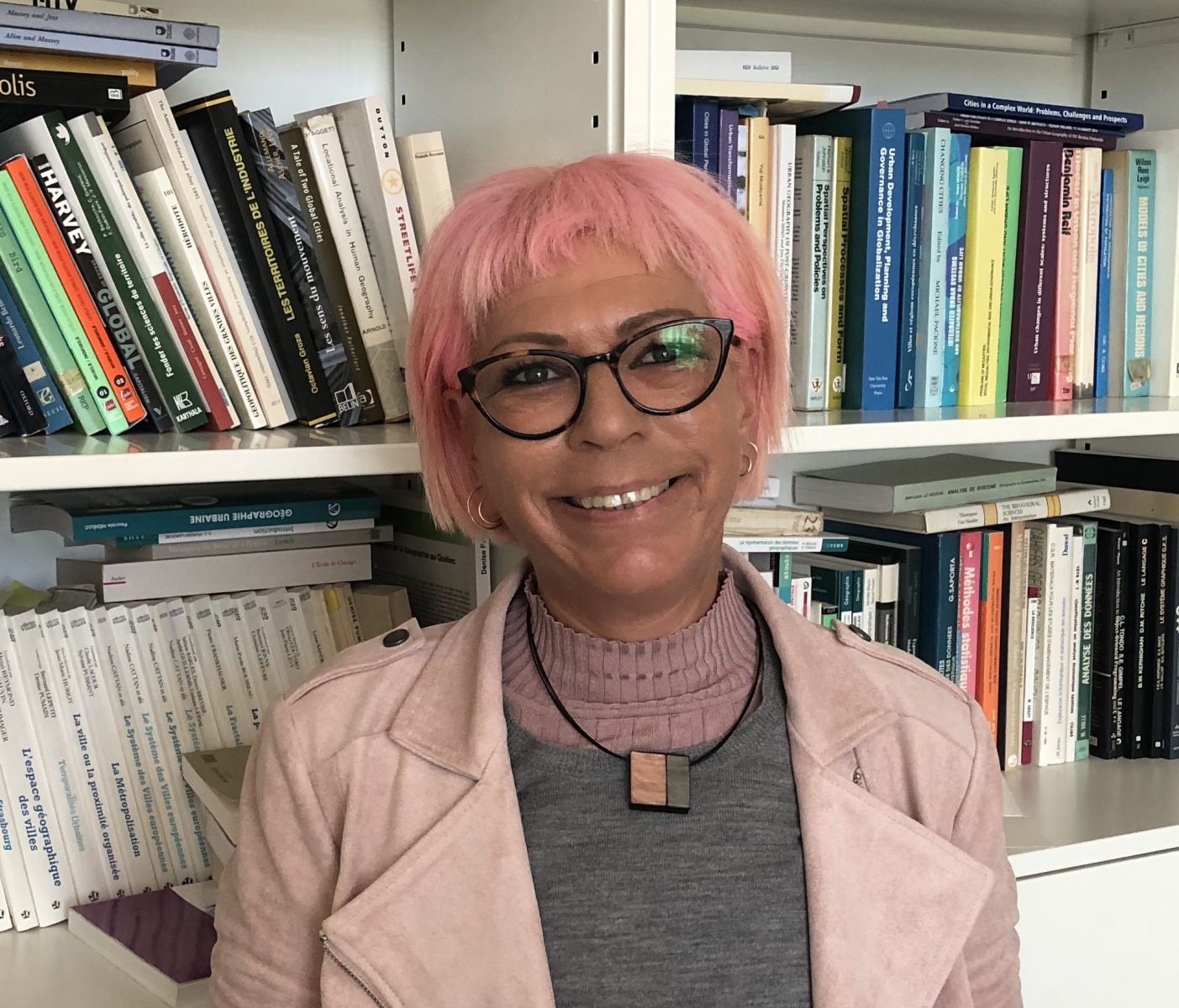Professor Céline ROZENBLAT is the coordinator of the CITADYNE research group
Céline Rozenblat is professor of urban geography at the University of Lausanne. She studies the evolution of city systems in global networks at the European and world scales, with large comparative urban databases, mapping and visualizing the socio-economic networks of cities. Since 2016, she also developed research on urban health systems. With a complexity approach of urban systems, she implements evolutionary and « panarchy » frameworks to highlight the multi-level resilience properties of cities. She uses methodologies from complex systems science and social networks in collaboration with physicists and computer scientists to bring new forms of intelligibility to global urban dynamics.
ACTUAL MEMBERS
Jorge SALGADO – PhD student, assistant
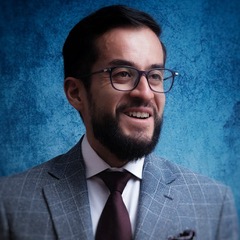
Jorge is an economist and his research has focused on the economics of natural disasters and the development of theoretical and empirical mathematical models. He has started a PhD for 5 years in IGD in 2023 on the modeling of Urban systems in the face of climate change.
Keywords
Economy in transition
Numerical analysis
Territorial analysis
Urban economics
UNIL page
jorge.salgado@unil.ch
Corneille ROGROMEL – PhD student

Corneille is at IGD for 3 years under the confederation’s scholarship. His thesis focuses on the networks of multinational companies and African cities in the hierarchy of global cities, continental and national urban systems, and the potential for their development.
Keywords
Africa
Aire-la-Ville
Cities system
Multinational companies
Network analysis
Urban economics
UNIL webpage
Haokun LIU – PhD student, assistant

Haokun received training in Geography and GIScience in China and Switzerland. Subsequently, he started his PhD in August 2023 at IGD, UNIL. His research concentrates on recognizing urban health from the complexity perspective, which focuses on the interactions inside and among cities, urban complexity, and human health. Aiming at the relevant research gaps, he expects to utilize complex networks and spatial data science to offer innovative insights.
Keywords
Cities system
Environmental health
Machine learning
Network analysis
Spatial Data Science
UNIL webpage
haokun.liu@unil.ch
Dr Mikhail ROGOV – lecturer and researcher

Mikhail defended his PhD in 2021 in the CITADYNE group, on Urban resilience: towards a multi-level approach to Russian metropolitan areas facing the economic crisis 2014-2016. After a 2 year posdoc position at the HSE University in Moscow, he is currently teaching the bachelor courses “Urban Geography” and “Survey methods” at UNIL.
Keywords
Cities system
Complexity economics
Europe
Network analysis
Resilience
Russian Federation
UNIL website
mikhail.rogov@unil.ch
Google Scholar
Yubin OU – visiting researcher
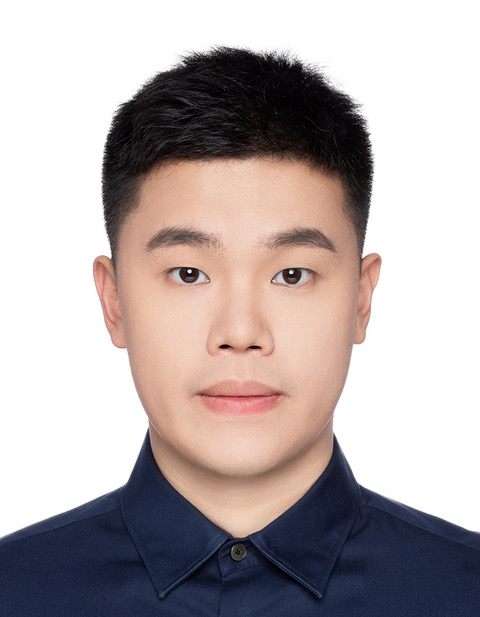
Yubin has joined IGD from Sun Yat-Sen University in Guangzhou for 1 year. His research focuses on the sports dimension of the world city network, especially concentrated on the world city network based on the Olympic Games since 1984.
Yingqi SUN – visiting researcher

Yingqi Sun is a Ph.D. student at Lanzhou University. She joined IGD for a one-year visiting program. Her research focuses on urban corporate networks in China and sustainable urban development.
Keywords
Cities system
City network
Network externality
Urban sustainability
yingqi.sun@unil.ch
ORCID
ALUMNI
Dr Jingyan YU – Research Associate in Urban Modelling, Newcastle University
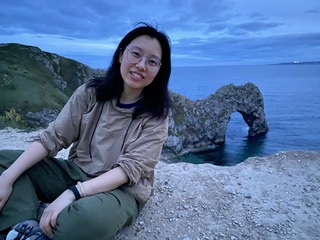
Dr. Jingyan Yu received the FGSE early career postdoctoral fellowship in geosciences and environment for 2 years and worked in CITADYNE in 2022-2024. She is interested in complex urban systems, urban modeling, analytics, and computation.
Dr Andrea FERLONI – SNSF Postdoctoral Researcher at INGENIO (CSIC-UPV)
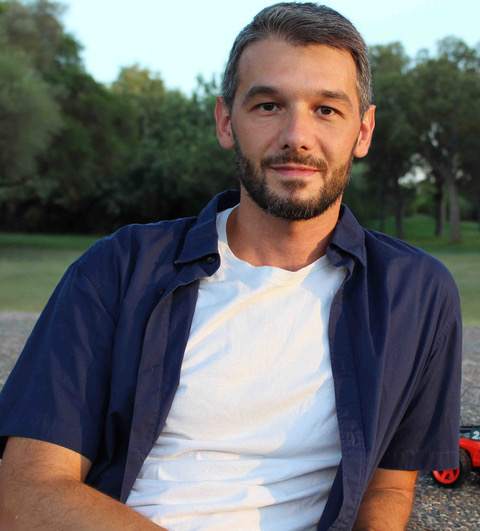
Andrea defended his Ph.D. thesis in 2023 on The role of cities in the transition to the Electric Vehicle: a coevolutionary approach. He is currently working on the SNSF postdoc project Driving inclusion: how related sectors and local policies support the diffusion of EV recharge networks in Spain. The investigation includes two main phases: first, an in-depth reconstruction of the EV recharge value chain in the region of Valencia. Second, a quantitative analysis on all Spanish provinces to relate differences in local economic capabilities to the accessibility and diversity of EV recharge infrastructure.
Keywords
Transition
Electric Vehicle
Cities
Coevolution
Innovation
Relatedness
Dr Elfie SWERTS

Elfie was part of the Citadyne group in 2015-2019 working as a postdoc on the SNSF project LOGIICCS- Likelihood of Orientations of the Global Integration of Indian and Chinese Cities’ Systems.
Dr Mehdi BIDA – Data Engineer IoT @ Kudelski IoT
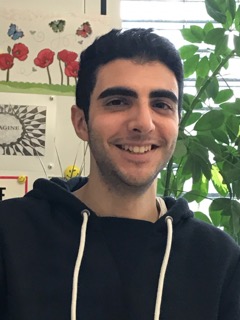
Dr. Mehdi Bida defended his Ph.D. in 2022 Modelling the Transitions of Urban Systems: the Two Main US Economic Transitions.
Mehdi used economic and geographic evolutionary theories to develop a theoretical framework and apply it to investigate the evolution of the economic and geographical organization of the US system of cities over the last two centuries. Mehdi is currently working as a data engineer in the private sector.
Keywords
Quantitative Modeling
Economic Geography
Complex Systems
Agent-Based Modeling
Quantitative geography
Research Gate
ORCID
Dr Meiqi JIAO – Lecturer at the Department of Hospitality Management, Shanghai Business School

Meiqi was for an internship in the CITADYNE group in 2020-2021 during her Ph.D. Her research interests are innovation policy and urban development, urban network and technology management in hospitality. Meiqi defended her PhD thesis in 2022 in East China Normal University and now she is a lecturer in Shanghai Business School.
Keywords
Global technological innovation networks
Global cities
Technology management
Digitalization in hospitality
Website
Dr Qi ZHANG – Postdoctoral Fellow, School of Geographical Sciences and Planning, Sun Yat-sen University
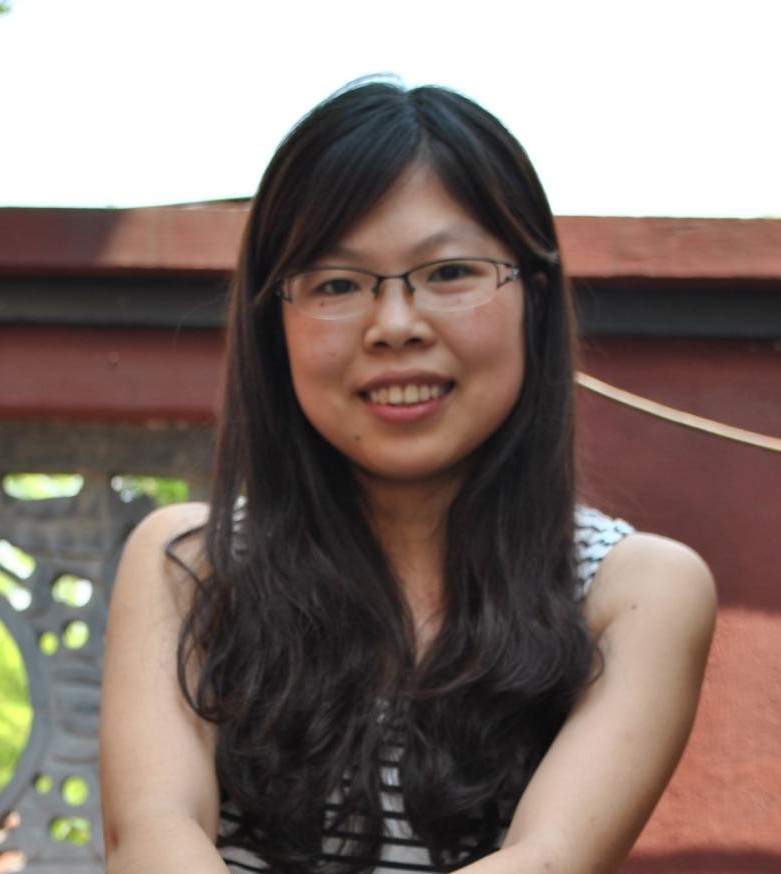
Qi was for an internship in the CITADYNE group in 2020-2021 during her doctoral studies. She defended her Ph.D. in Sun Yat-Sen University (Guangzhou) in 2022 on the Evolution of International Air network in Chinese cities from the perspective of a multi-layer airline. She is now a post-doc at Sun Yat-Sen University (Guangzhou).
Keywords
Aviation networks
Airline connectivity
Air transport
Urban development
Dr Xiande LI – Associate professor at the School of Environmental and Geographical Science, Shanghai Normal University
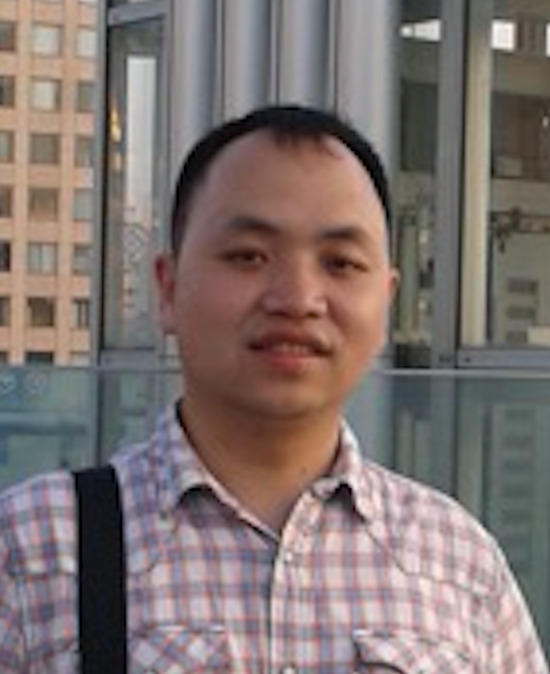
Xiande was a postdoc in the CITADYNE group in 2017-2018. He is now an assistant professor at the Normal University of Shanghai. His research covers economic urban geography with a wide variety of topics.
Keywords
Urban networks
Industrial networks
Network analysis
Globalisation
China
